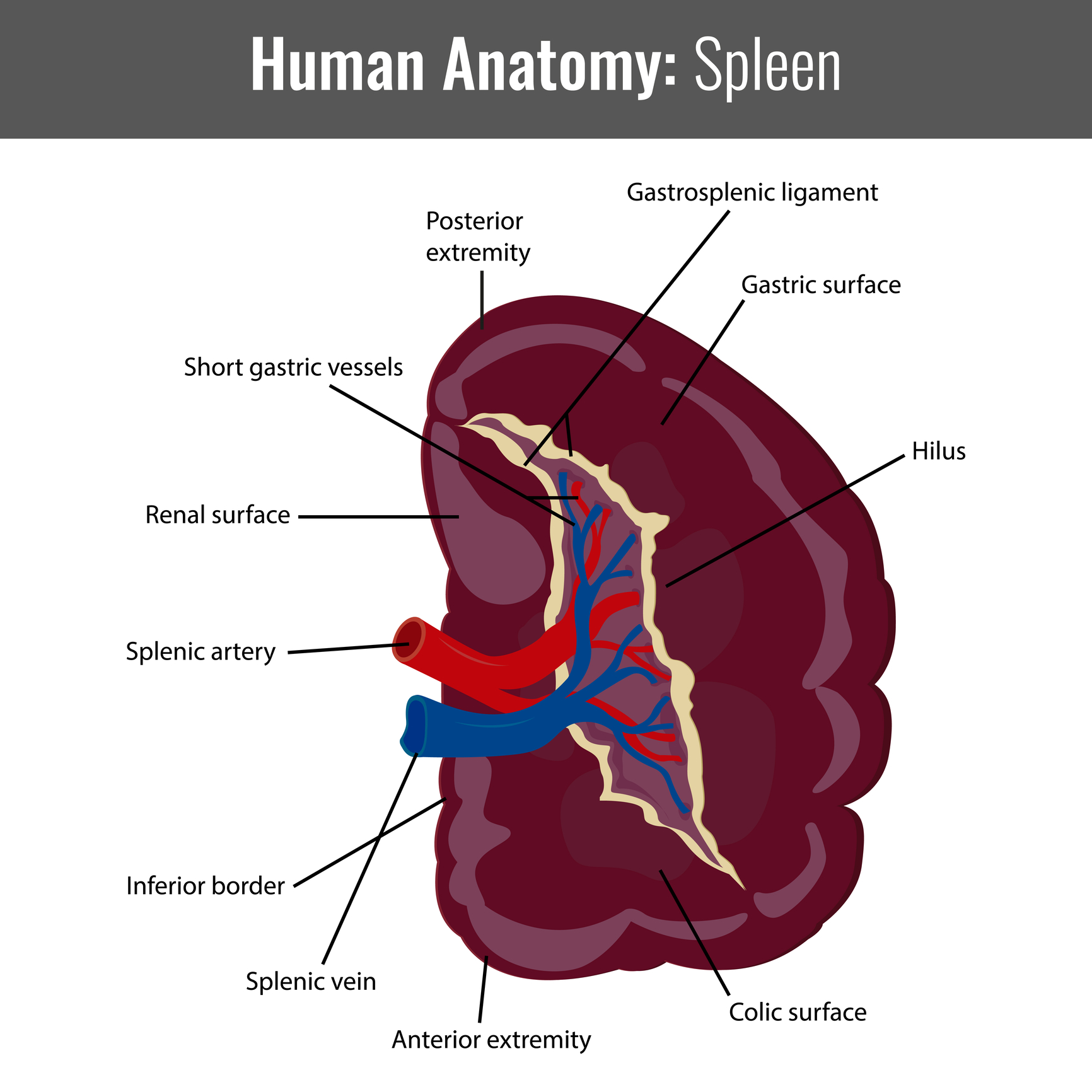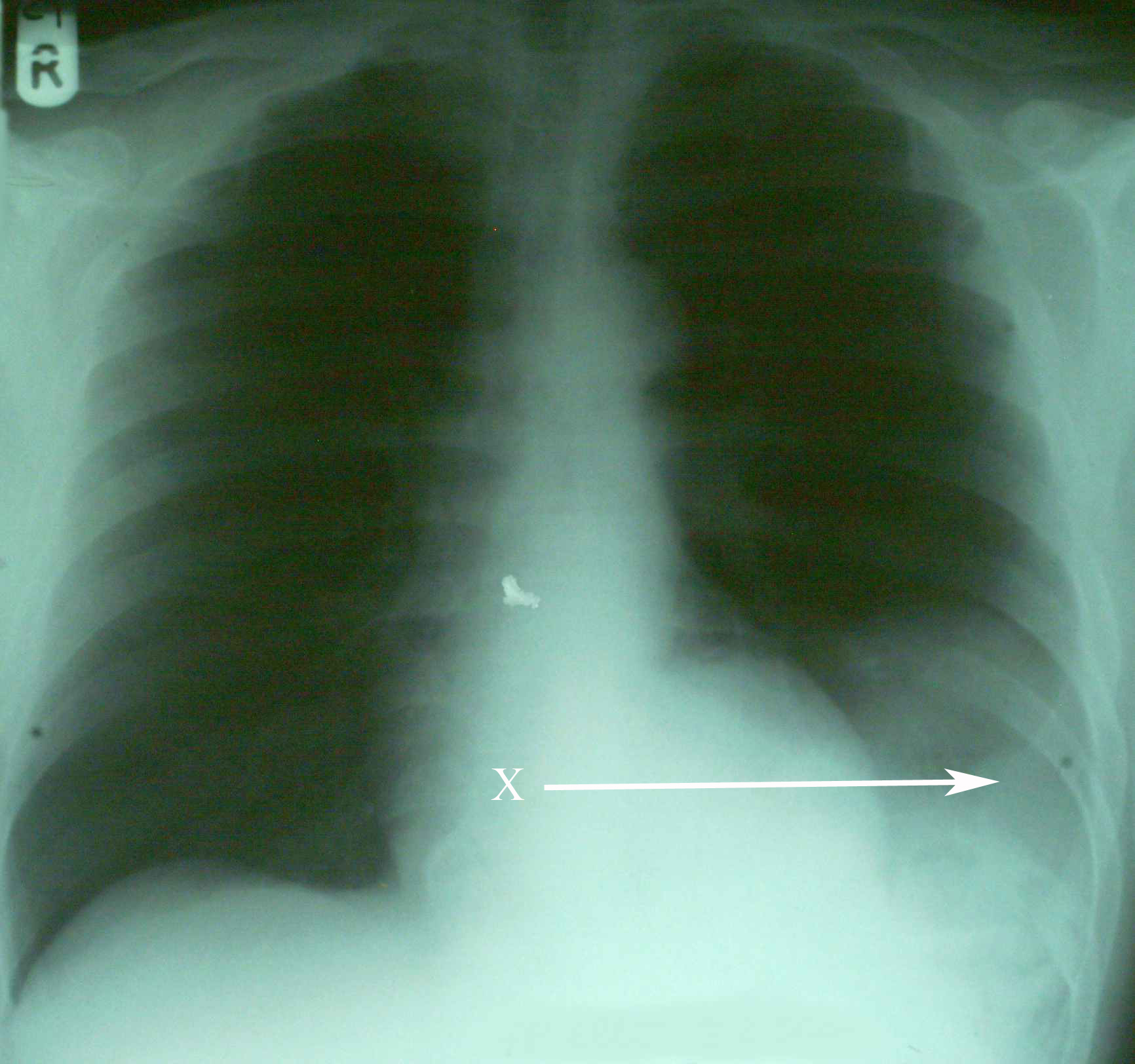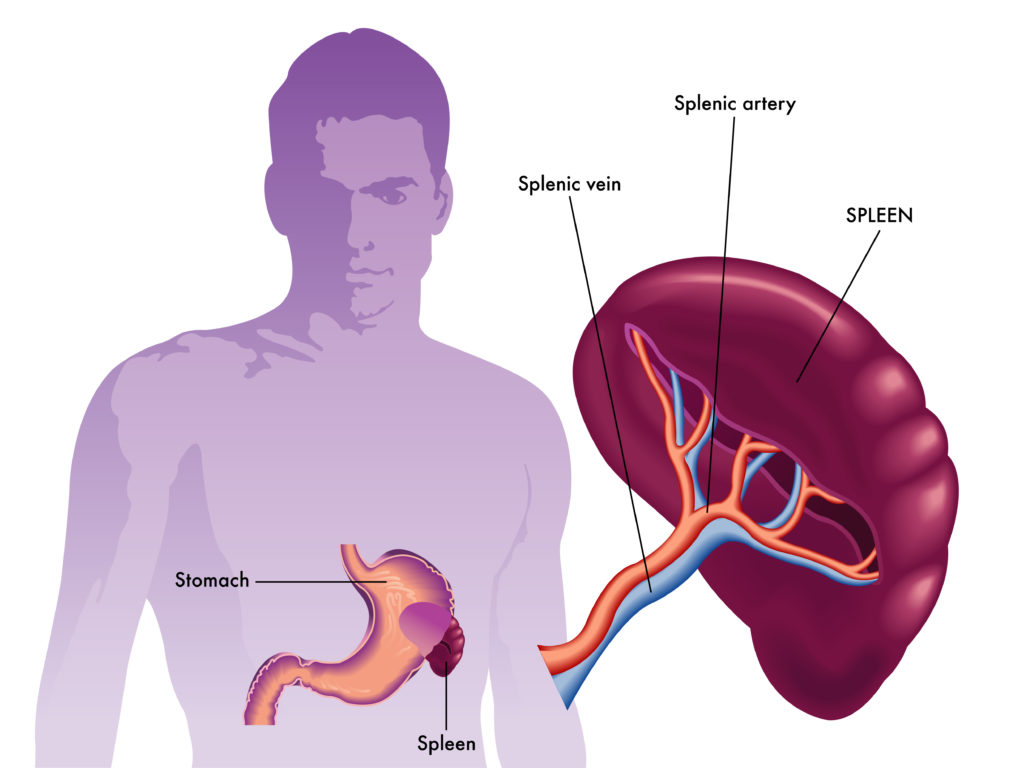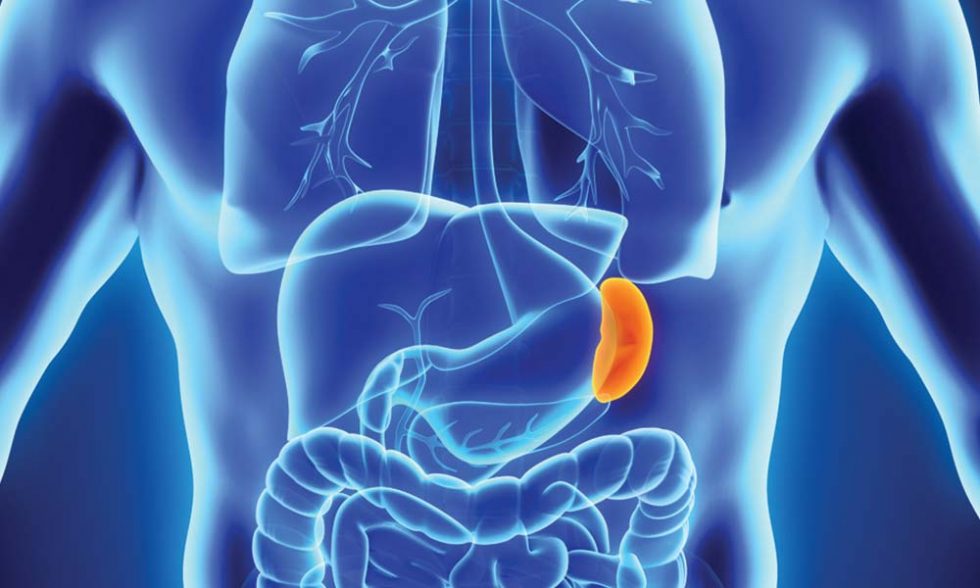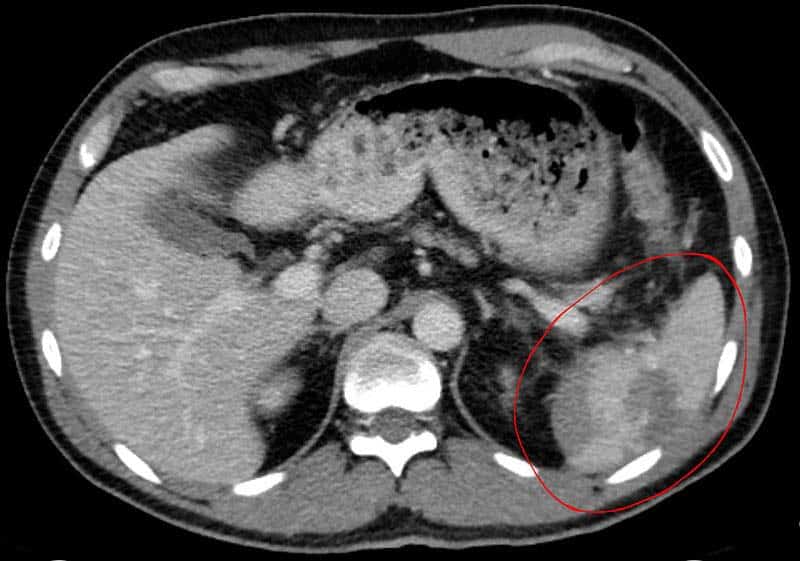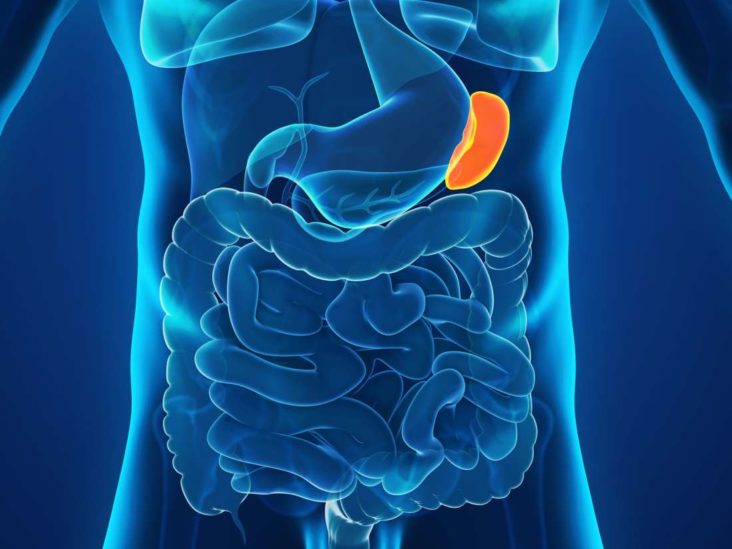Ideal Tips About How To Tell If Your Spleen Is Ruptured

Pain behind your left ribs and tenderness when you touch this area.
How to tell if your spleen is ruptured. Symptoms of a ruptured spleen can vary depending on the associated injury, however, the most common symptom is pain and tenderness in the left upper abdomen. Splenic macrophages recycle iron from the breakdown of senescent and damaged red blood cells (either store ingested iron in their cytoplasm or export it via ferritin into the.
How to know if my spleen has ruptured? Because of the spleen’s position in the upper left side of the abdomen, a severe blow to the stomach area can damage the spleen, tearing its. A ruptured (torn) spleen can be fatal.
If this capsule tears or splits, it’s called a splenic rupture. Pain in the upper left stomach. Signs of a ruptured spleen are:
An enlarged spleen typically causes no signs or symptoms, but sometimes it causes: A ruptured spleen causes abdominal pain, usually severe, but not always. Symptoms of a ruptured spleen.
Ct emergency room: If your doctor suspects a ruptured spleen, they will likely order a ct scan or ultrasound to confirm the diagnosis. Dizziness and a rapid heart rate (a sign of low blood pressure caused by blood.
Signs and symptoms of a ruptured spleen include: Signs of a ruptured spleen are: Pain or fullness in the left upper belly that can spread to the left.
Confusion or changes in your mental state. Generally, a ruptured spleen is from a significant injury to the left upper part of the abdomen or the ribcage just above that (eg. The main symptoms are:
A ct scan can show any injury or damage to the. Tenderness when you touch the upper left stomach. Tenderness when you touch the upper left stomach.
Your spleen is a fist. Dizziness and a rapid heart rate (a sign of low blood pressure caused by blood. Pain behind your left ribs and tenderness when you touch this area.
The severity and even the location of the pain depend on. Contents overview function anatomy conditions and disorders care additional common questions. , which is pain that radiates upward to the left shoulder.

/GettyImages-738790055-b80a16b0cbe34a44a3516e8a8c2d7102.jpg)
